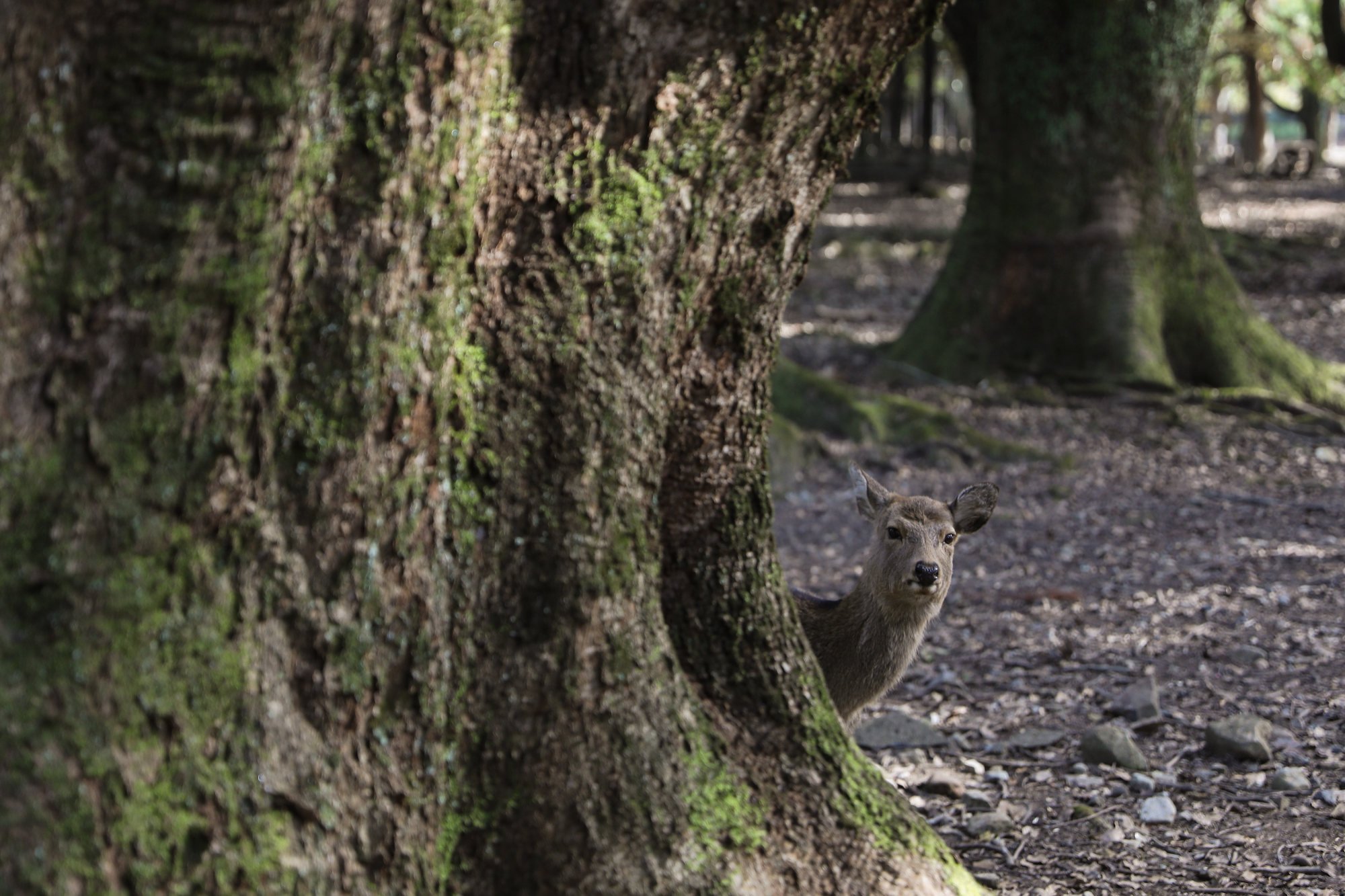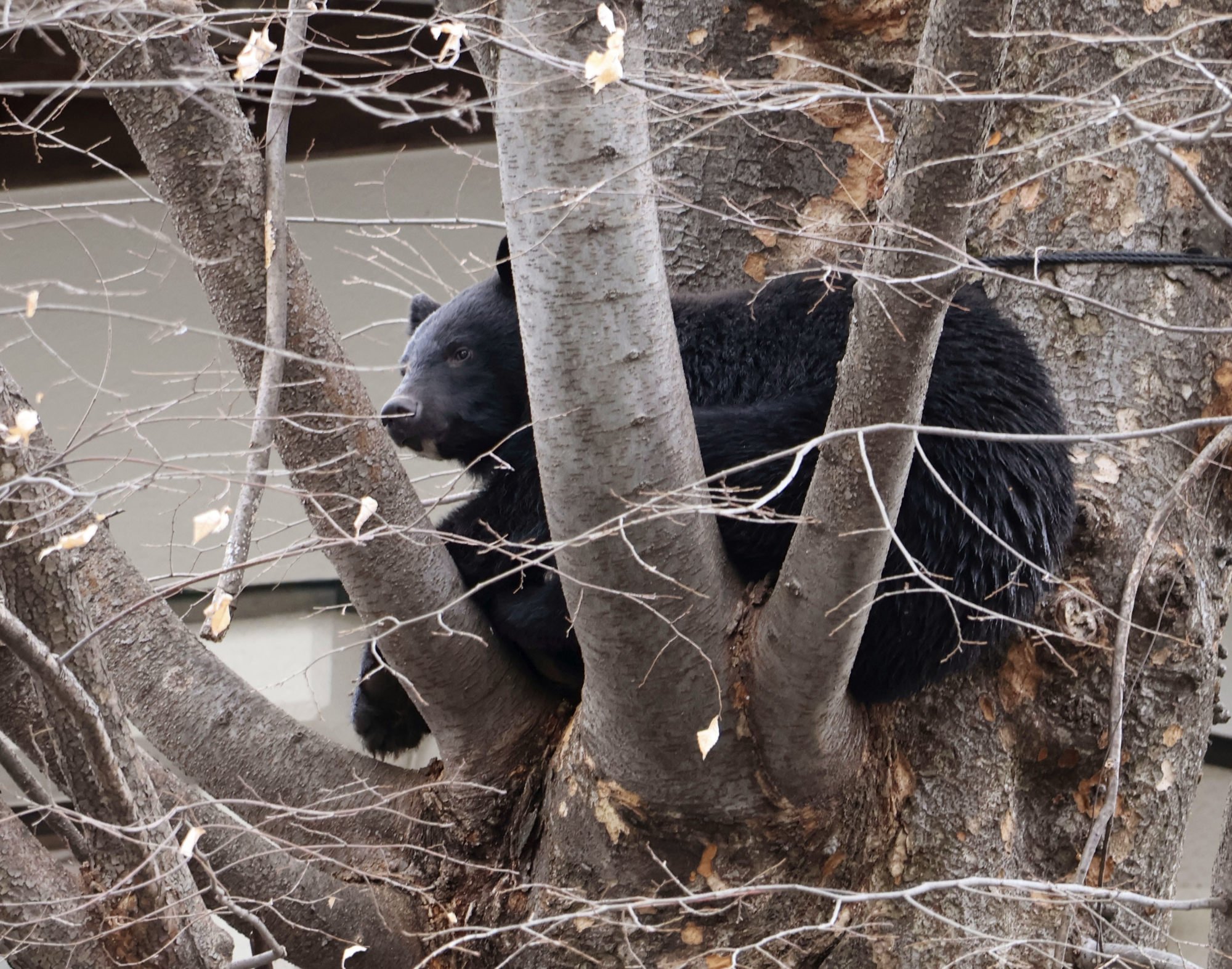Extinct for a century, wolves could be returning to Japan to rebalance nature
The Japan Wolf Association says returning wolves to the wild would help curb costly agricultural damage by deer, wild boar and monkeys

A plan to reintroduce wolves to Japan more than a century after they were hunted to extinction is gaining traction as conservationists warn that the country’s rural ecosystems are increasingly out of balance and costly to maintain due to booming wild animal populations.
The Japan Wolf Association (JWA), established in 1993, argues that returning wolves to the wild could restore natural order in the countryside and help curb the billions of yen in agricultural damage caused each year by deer, wild boar and monkeys.
The group is preparing small-scale reintroduction trials in remote regions and downplaying risks to human communities – but not everyone is convinced it’s a wise move, given wolves’ fearsome reputation.
Kunihiko Otsuki, JWA president and heads of a timber company in central Japan’s Nara prefecture, is convinced that reintroducing the apex predator is the right course of action.
“Wolves went extinct in Japan more than 100 years ago but now deer have become a huge problem for farming communities across the country,” he told This Week in Asia. “They eat crops and the natural vegetation in the mountains, and we believe reintroducing wolves would help bring the natural balance back.”
Japanese farmers also have to put up with troops of marauding monkeys that can quickly lay waste to particularly appealing crops, as well as boars that dig up root vegetables.

According to the JWA, damage to crops caused by wildlife amounts to nearly 10 billion yen (US$69 million) annually.
Wild animals are also blamed for countless road accidents each year, as well as injuries to people.
The number of deer and boars has increased sharply as rural areas of Japan have become increasingly depopulated. Young people leave for major cities in search of work and fewer take up hunting, which is required to keep wildlife manageable, according to the association.
Citing the success of a programme to reintroduce the Japanese crested ibis, the JWA has proposed importing wolves from China for the main islands of Honshu, Shikoku and Kyushu, and more hardy species from Siberia for the most northerly main island of Hokkaido.
“We believe that Hokkaido would be one of the best places to start a reintroduction programme. Technically and biologically it would be a good location, and we think the mountainous interior would be suitable for reintroduction,” Otsuki said.
“We would plan to start with a small group and allow it to gradually grow larger,” he said, although he admitted that there was the “issue of politics” to overcome in the form of opposing lawmakers.
According to Otsuki, wolf attacks are “statistically extremely rare, particularly in Europe and North America”, despite the animals’ reputation.
While wolves might be viewed with trepidation by many, bear attacks were more likely in remote areas, he added.

Japan has seen a spike in bear attacks in recent years, with experts suggesting the animals are becoming less fearful of humans because they are no longer being shot by hunters and are therefore extending their range into areas adjoining villages and towns.
In the year to March 2024, there were a record 219 bear attacks across Japan, with six resulting in fatalities.
Dr Mariko Abe, of The Nature Conservation Society of Japan, said she understood the association’s reasoning, but had serious reservations about the proposal.
“In the current circumstances, I cannot say this is a good idea,” she said. “There have been other efforts to reintroduce native wildlife into parts of Japan where it had been eradicated and it did not go well.”
In 1979, for example, a species of mongoose was freed on Amami-Oshima Island in an effort to control growing numbers of habu, a highly poisonous variety of pit viper endemic to the islands of southern Japan. The strategy was a disaster as the mongoose instead preyed upon the defenceless native species, including the endangered Amami rabbit and Amami Ishikawa’s frog.
Local wildlife was so badly affected that a full-scale eradication programme was launched in 2000, with it not being declared a success until last year.
“If the same thing was done with wolves, there are no guarantees that they would only hunt deer and boar because we know that there have been cases where they have attacked humans,” Abe said.